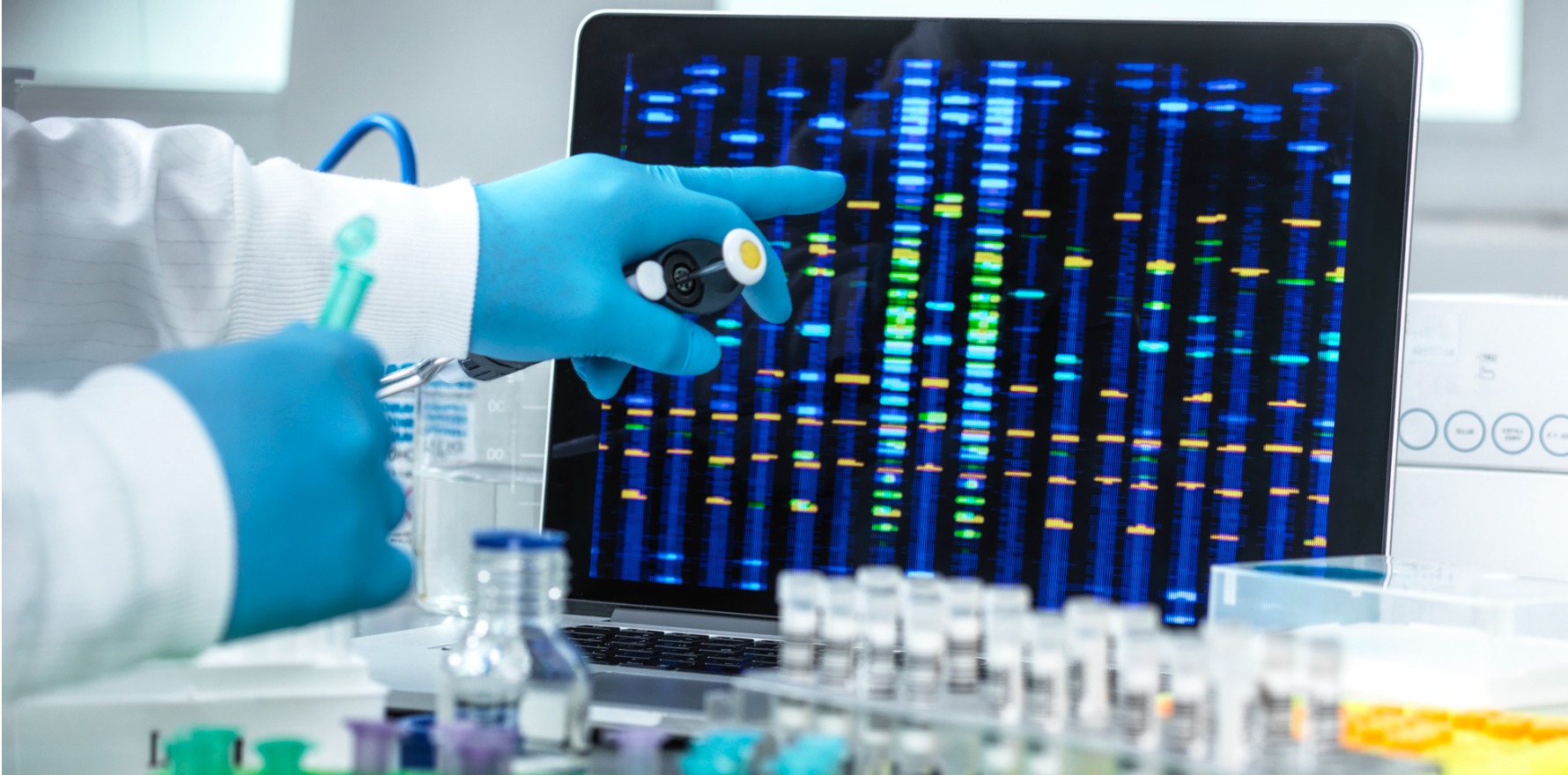The council will be tasked with reviewing and bolstering policies and procedures at the state’s embattled forensics lab. But the whistleblower who led the way has been snubbed.
The Queensland government has established an 11-member advisory council to oversee DNA testing procedure at the state’s troubled forensic and scientific services lab.
Several reports revealed a “fundamentally flawed” testing method that may require hundreds of thousands of samples to be retested, resulting in a backlog of up to three years.
Attorney-General Yvette D’Ath confirmed the appointment of the advisory council in parliament earlier this week, with former District Court Judge Julie Dick SC elected as council chair for a three-year term.
Ms Dick also acted as co-chair of Forensic Science Queensland’s interim advisory board, formed as a precursor to the advisory council.
“The establishment of the Forensic Science Queensland (FSQ) Advisory Council is a significant step toward reforming Queensland’s forensic services and protecting the integrity of our criminal justice system,” Ms D’Ath said.
“It includes eminent members who have experience representing and supporting victims, to ensure services reflect the needs of Queenslanders impacted by crime.
“The Council will monitor and review all FSQ policies and procedures relating to the administration of criminal justice, which should help to restore the community’s confidence in our state’s forensic services.”
Other members of the council include Queensland Police Service Assistant Commissioner Brian Codd, Mr Philip McCarthy KC, deputy director of the Office of the Director of Public Prosecutions, and Ms Kerry Bichel, director of criminal law services at Legal Aid Queensland.
Additional members include experts in forensic science and forensic science delivery, policing, criminal justice and victims’ support and advocacy services.
The appointment of an advisory council to monitor the Queensland Health Forensic and Scientific Services (FSS) lab was a key recommendation of the 2022 inquiry into DNA testing commissioned following allegations by forensic biologist Dr Kirsty Wright.
Dr Wright revealed that practices adopted at the lab such as automated DNA extraction were “appalling and reckless”, producing 90% less DNA than the standard, manual method.
Dr Wright’s allegations came to light during the airing of The Australian’s podcast series Shandee’s Story investigating the unsolved murder of Shandee Blackburn in Mackay nine years ago.
Led by former judge and Court of Appeal president Walter Sofronoff KC, the initial 2022 inquiry, one of two commissioned into DNA testing procedure at the state-run lab, found managers had failed to uphold due process for testing DNA samples for years as a result of prioritising speed rather than accuracy,
This “grave maladministration involving dishonesty” had undoubtedly affected the outcome of multiple criminal cases, the report concluded, including the unlikely but real possibility of a wrongful conviction.
Recommendations put forward in Mr Sofronoff’s report included a complete restructuring of the state’s Forensic and Scientific Services (FSS), the appointment of an independent head scientist appointed to uphold scientific integrity at the lab and a review of “thousands” of DNA samples in compromised criminal cases.
Speaking to The Australian regarding her omission from the new forensic advisory council, Dr Wright said she was “obviously disappointed” by the lack of an appointment but would persist in her advocacy for victims of crime in Queensland.
“I haven’t put a foot wrong so I am at a loss to understand what else I need to do to be considered,” Dr Wight said.
“I want victims of crime and Queenslanders to know that I am not giving up on them and I am not going away. I will continue to represent them even if it has to be from the outside.”
Meanwhile, the Victorian Institute of Forensic Medicine governance is set to be updated under a bill before Parliament.
The Victorian Institute of Forensic Medicine Bill 2024 passed the Legislative Assembly last week and will now go to the Legislative Council for consideration.
In his second reading speech Minister for Police Anthony Carbines said the bill was developed in response to a recent review of the VIFM.
“This bill introduces principles that aim to guide VIFM in a people-centred approach to service delivery, commitment to excellence in clinical and research governance, and to improving public health while serving the justice system,” he said.
The bill creates a skills-based governing board and introduces new role of chief executive officer to manage the VIFM alongside the director of forensic medicine.
It also requires the Board to establish a stakeholder advisory group and introduces an information sharing framework.

